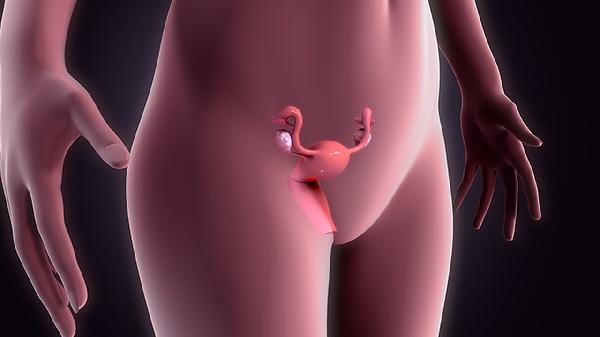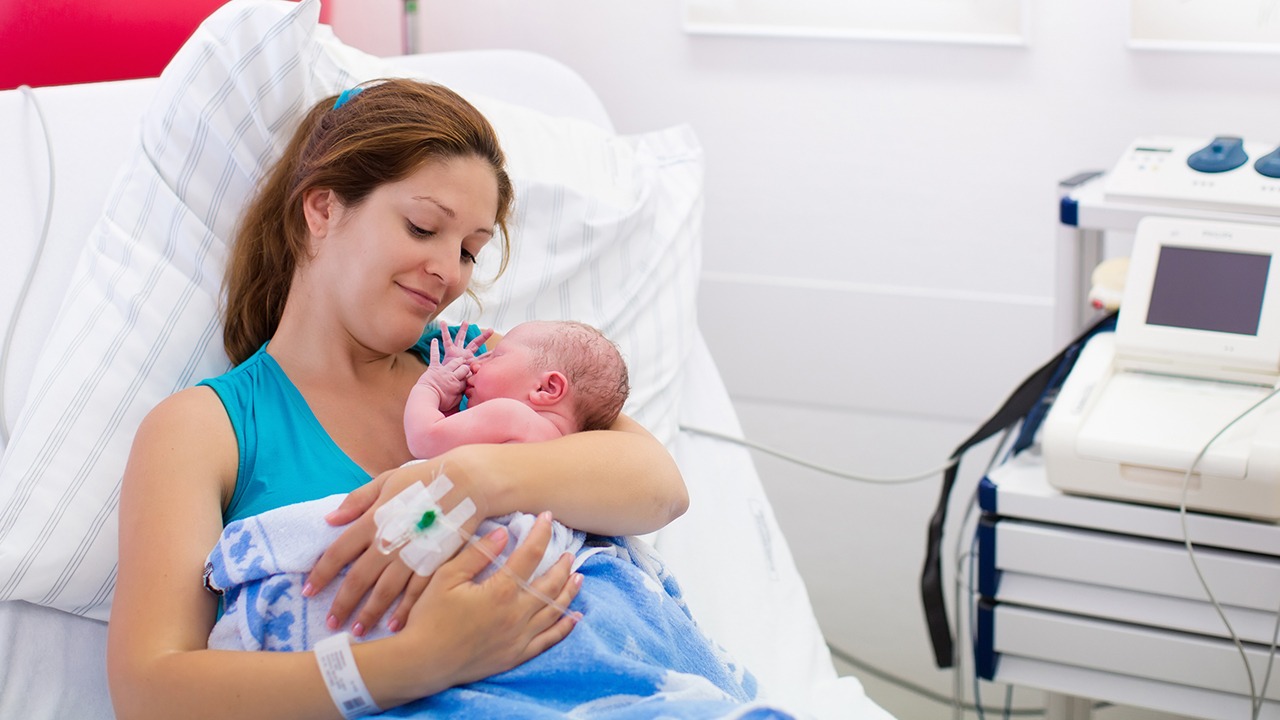Women's Health
Easing Pregnancy Swelling: Simple Tips for Comfort
Pregnancy swelling in lower limbs is common due to physiological changes. Rest, foot elevation, a balanced diet, and light exercise can alleviate symptoms. Avoid prolonged sitting or standing, and wear comfortable clothing.
Is It Safe to Have Sex After Drinking Alcohol?
Alcohol can enhance intimacy and passion during sex, but frequent post-drinking sexual activity may pose health risks. Key precautions include using contraception, ensuring foreplay, and avoiding roughness to prevent physical harm and maintain relationship harmony.
Can Prenatal Tests Detect Fetal Heart Conditions?
Prenatal check-ups include key ultrasounds and screenings to monitor fetal development, with fetal echocardiography crucial for diagnosing heart abnormalities. Advanced imaging like 4D ultrasound and fetal MRI enhance detection of congenital heart disease, guiding critical decisions for severe cases.
Is Prolonged Spotting During Ovulation a Sign of Low Estrogen?
Ovulation bleeding is typically brief and minimal, caused by estrogen drop. Prolonged bleeding may indicate low estrogen, requiring hormone tests and potential supplementation. Other causes like cervical issues or fibroids should be checked. Maintain hygiene and avoid spicy or cold foods during this time.
How Often Should Women Change Their Underwear?
Women should change and wash underwear frequently to prevent bacterial growth and gynecological issues. Replace regularly worn underwear after 30 washes, athletic after 20, and period-specific after 15. Store separately, wash with dedicated soap, and sun-dry for UV disinfection. Avoid mixing with socks to prevent contamination.
Vaginal Birth Possible with Low-Lying Placenta?
Low-lying placenta, a type of placenta previa, varies in severity but requires monitoring. Early diagnosis and repeated ultrasounds are crucial. If diagnosed, pregnancy may be extended to 36 weeks, with cesarean delivery often recommended to prevent bleeding risks. Adequate rest and prompt medical attention for bleeding are essential.
Spotting the Signs: Threatened Miscarriage vs. Ectopic Pregnancy
Early pregnancy poses risks like morning sickness, pain, and bleeding. Ectopic pregnancy (egg implants outside uterus) and threatened miscarriage (fetal development halts) both cause abdominal pain and bleeding. Key differences: ectopic pregnancy often involves short missed periods, dark red bleeding, and severe, one-sided pain; threatened miscarriage may show light to heavy bleeding and continuous lower abdominal pain. Ultrasound and hCG levels are crucial for accurate diagnosis. Seek medical attention for any symptoms.
Lipid Levels Alert: 6 Types of Women at Higher Risk
Menopause, obesity, pregnancy, secondary diseases, poor habits, and family heredity are key factors leading to abnormal blood lipids in women. Medicinal red yeast rice, containing natural statins, offers a gentle, safe lipid regulation option, supported by clinical evidence for efficacy and safety in managing cardiovascular risks.
What Are the Dangers of High Blood Pressure During Pregnancy?
Gestational hypertension causes systemic small vessel spasms, harming maternal organs (heart, brain, liver, kidneys) and fetal health, risking growth issues, distress, or death.
The Irritability Before Your Period: What's Really Going On?
The luteal phase, between ovulation and menstruation, often triggers PMS, causing irritability and mood swings in 95% of women. Hormonal changes, hypothalamic function shifts, and psychological factors contribute to these symptoms.































